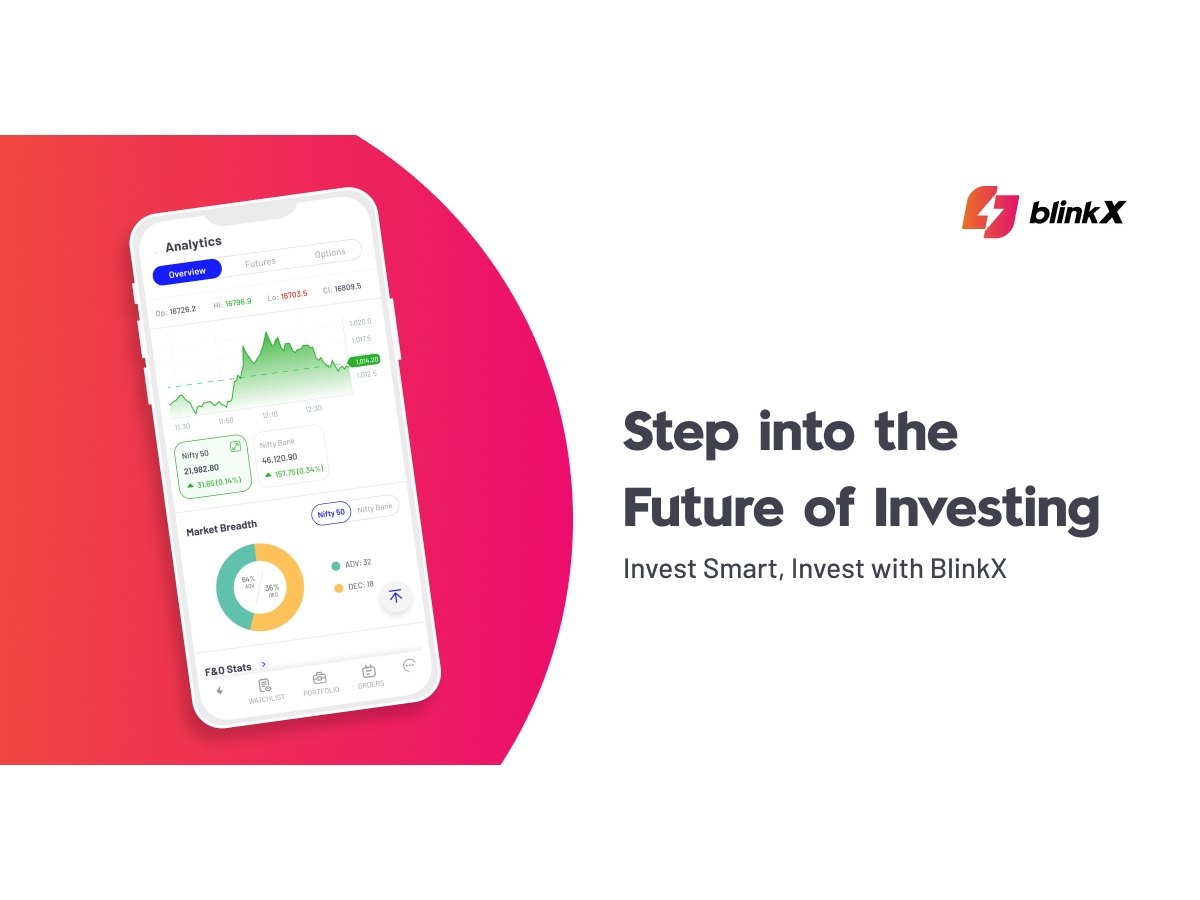Apple issues warning: Avoid sleeping with iPhones connected to chargers, citing health risks

Apple has recently cautioned users in their online user guide for individuals who tend to doze off while gripping their smartphones, especially when the device is plugged in for charging.
The guidance from the technology giant specifies that iPhones should only be charged in well-ventilated settings and on flat surfaces, such as tables. It explicitly discourages charging on soft surfaces like blankets, pillows, or one’s own body.
As explained in the advisory, iPhones produce heat while charging. When this heat is unable to dissipate effectively due to restricted spaces, it poses the risk of causing burns or, in more serious instances, starting fires. Consequently, situating a charging phone under your pillow is regarded as one of the riskiest practices for smartphone users.
According to Apple’s advisory, users must avoid sleeping on or placing their device, power adapter, or wireless charger beneath blankets, pillows, or against their body while they are connected to a power source.
Moreover, they must ensure their iPhone, the power adapter, and any wireless charger are used or charged in well-ventilated spaces and they must exercise caution if they have a medical condition that affects your heat detection ability.
Apple also cautioned against utilizing damaged cables or chargers and charging in the presence of moisture.
Meanwhile, Apple is reportedly working on the A19 Bionic SoC, set to be the first on a 2nm process, and the M5 chip for Macs. This suggests ongoing chip development beyond the A17 Bionic, potentially impacting future iPhone and Mac releases, although these details are unofficial and await official confirmation.
Ahead of Apple’s upcoming event, a tipster with the user name @_orangera1n on X (via Wccftech) has highlighted Apple’s ongoing work on the A19 and M5 Pro/Max/Ultra SOCs. According to his report, the A17 Bionic SoC is projected to drive the future iPhone 17 series, anticipated no sooner than 2025. The existing iPhone 14 Pro’s A16 Bionic, housing 16 billion transistors, is expected to see an increase in numbers with the upcoming 3nm A17 Bionic.
Download The Mint News App to get Daily Market Updates & Live Business News.
Updated: 23 Aug 2023, 06:47 PM IST





